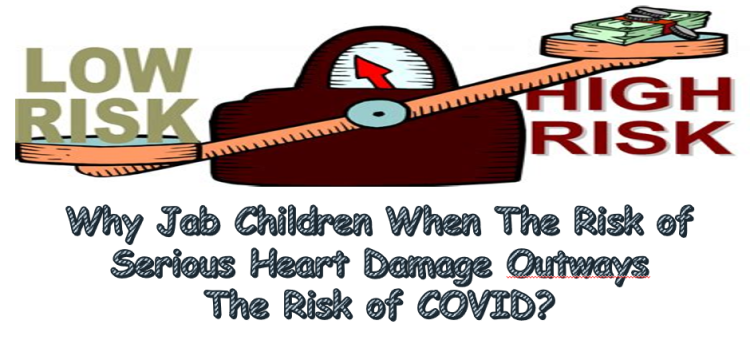But scientists warn that the findings do not mean that children should not be vaccinated against COVID-19.
Authors: Heidi Ledford July 4, 2022 NATURE
Children and adolescents who had not been vaccinated against COVID-19 mounted a long-lasting immune response to infection with the Delta variant of the coronavirus SARS-CoV-2, according to a large study of Israeli health records1. The study, which has been published as a preprint on medRxiv, has not yet been peer reviewed.
A year and a half after an infection, the resulting immune response was still about 80% effective at preventing reinfection, the study found. But it isn’t clear how the results will translate to infections by coronavirus variants of the Omicron lineage, which is now dominant in many countries. “There is a much less-robust immune response to Omicron among previously infected and/or vaccinated individuals,” says Yvonne Maldonado, chief of paediatric infectious diseases at Stanford School of Medicine in California. “Such immune responses are also significantly less durable.”
Even so, the study — which includes data from about 300,000 children and adolescents — is a welcome addition to the relatively small pool of knowledge about immune responses to SARS-CoV-2 in children, says paediatrician Nigel Crawford at the Murdoch Children’s Research Institute in Melbourne, Australia, who studies vaccinology. “They’re a group for which we haven’t seen a huge amount of data to date,” he says.
When Delta dominated
The study’s authors collected data on coronavirus infections from Maccabi Healthcare Services, an Israeli health-insurance plan. They focused on the risk of infection from 1 July to 13 December 2021, when the Delta variant was dominant in Israel.
The team found that unvaccinated children and adolescents were 89% less likely to be infected with SARS-CoV-2 3–6 months after their first infection than were children who had not previously been infected. For the 12–18 age group, this protection against reinfection dropped to 82.5% from 9 months to a year after infection and remained at around that level until up to 18 months post-infection.
Children aged 5–11, however, maintained the same level of protection. That, says Crawford, could fit with observations that young children often experience milder COVID-19 than do adolescents and adults.
The study authors are now working to collect data on Omicron infections, but that analysis will be more difficult because many people in Israel switched from PCR tests to at-home rapid antigen testing in December 2021. This means that fewer positive test results have since been reported in electronic health records.
Overall, the study design is robust, says clinical data scientist Hossein Estiri at Harvard Medical School in Boston, Massachusetts. He notes that some Twitter users have picked up on the preprint and are touting it as evidence that children who have had SARS-CoV-2 infections do not need to be vaccinated. But Estiri says it’s not clear from the study how well protection from natural infection stacks up to that from vaccines, because the researchers did not include a head-to-head comparison. “This study doesn’t say that those children don’t need to be vaccinated.”
Don’t discount vaccines
And because severe COVID-19 is rare in children, the study could not make strong conclusions about protection from serious illness and hospitalization. “We know that a lot of vaccine efficacy is against severe disease,” he says.
In addition, Crawford notes that people who have both been vaccinated and had a SARS-CoV-2 infection often experience a super-charged immune response compared with those who have had only a vaccine or infection. “You wouldn’t want to rely purely on infection alone for immunity,” he says. “We have no idea what the next wave will bring.”
